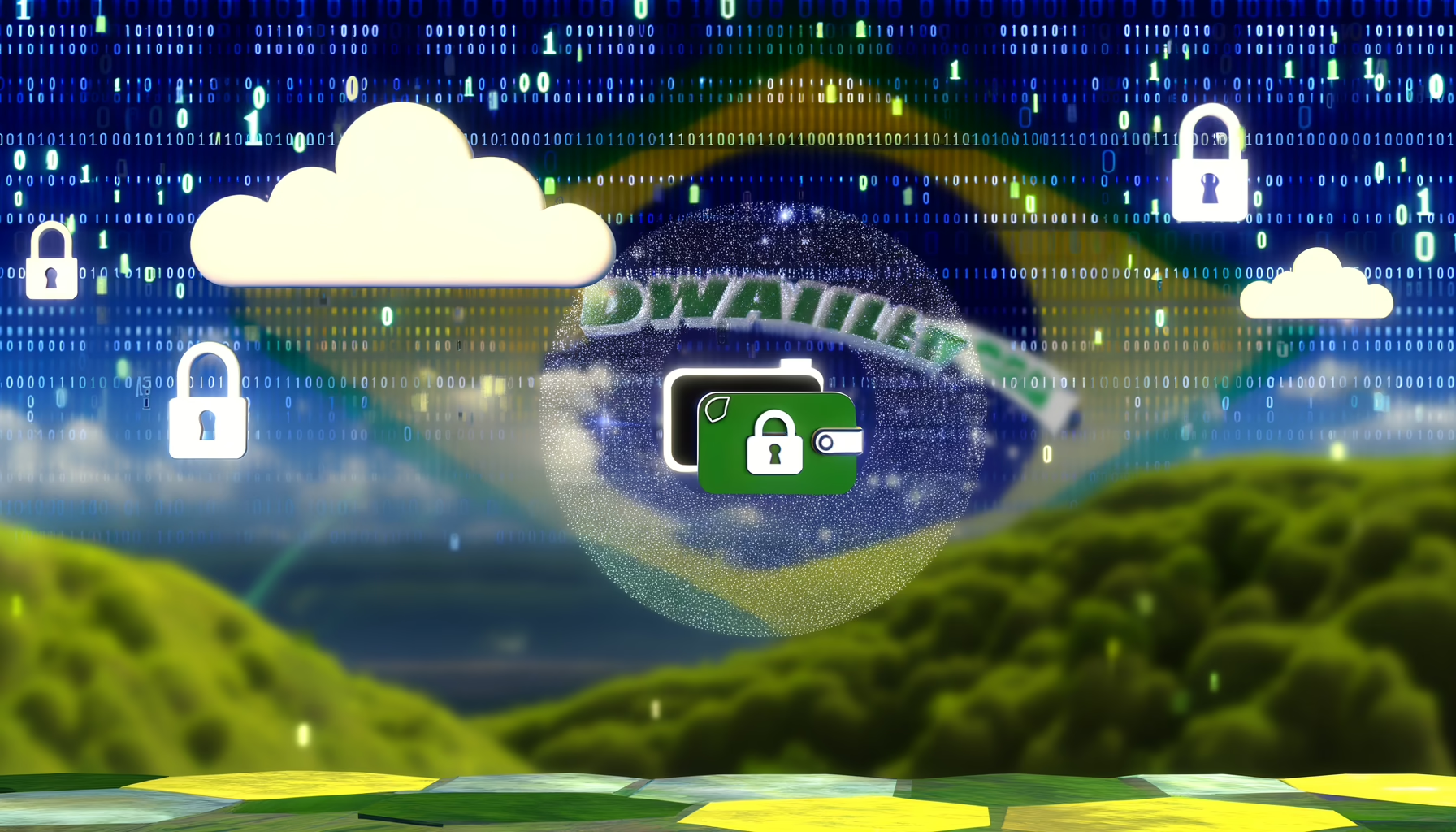Introduction
Can you imagine a world where your digital footprint actually earns you a tidy sum? Welcome to the future of data ownership, or at least a tantalising glimpse of it, with Brazil’s pioneering dWallet initiative. This is not just another app addition; it’s a potential game-changer in how we perceive and utilise our data in the digital economy.
In a landscape where personal data often feels like a commodity traded without our consent, Brazil’s dWallet offers a tantalising promise: the ability for citizens to monetise their personal data. But before we all dash off to sign up, it’s worth considering both the benefits and the potential pitfalls of this ambitious project.
The Real Problem
Historically, our data has been a playground for companies, often without our input or profit. The dWallet aims to flip this narrative on its head, enabling users to manage their information and profit from it. This bold initiative marks a significant evolution in data policy, as a federal bill moves to classify data as commercial assets owned by citizens. Sounds ideal, doesn’t it?
However, the dWallet isn’t without its naysayers. Critics argue that creating a marketplace for data could disproportionately favour larger corporations, leaving smaller companies struggling to compete. Add to this mix the complications of digital accessibility, particularly among functionally illiterate populations, and the dWallet’s promise of equity starts to feel slightly shaky.
Tools That (Actually) Help
At its core, dWallet is about empowerment, allowing users to deposit their data into a digital wallet, akin to stashing cash. Users can then browse offers from companies keen to tap into this treasure trove of information, cashing in their data for tangible money that can easily be transferred to bank accounts.
While the mechanics sound straightforward, the success lies in its execution. Experts are hopeful that dWallet can pave the way for similar initiatives globally, correcting the digital economy’s historical imbalances. It promotes user rights over personal data, a step desperately needed in today’s landscape where privacy and ownership are often at odds.
But as with all good things, one must exercise caution. The attraction of cash could lead to decision-making that prioritises immediate gains over long-term digital health. Consequently, safeguards and educational initiatives will be vital to ensure the system realises its vision without inadvertently inflicting greater harm.
What No One Talks About
The dWallet concept is pioneering, but it’s not without its dark clouds. The fear remains that turning data into a tradeable commodity may deepen the digital divide. Economically vulnerable populations might find the concept less accessible, navigating a world where the knowledge of how to monetise data is not universally shared.
Moreover, this model raises urgent questions about data protection regulations. What happens to user data once it enters the commercial fray? Will these individuals remain informed and in control, or will they lose their grip as their personal information becomes the next hot commodity? As the dWallet launches, these are the considerations that need addressing.
Final Thoughts
Brazil’s dWallet represents a bold leap into uncharted waters that could redefine data ownership on a global scale. While the vision is commendable—empowering users and recognising one’s digital self—the execution will need careful navigation.
Ultimately, the success of this initiative hinges not just on technology but on education and ethical considerations. As the digital economy continues its relentless march forward, let’s hope Brazil can steer the ship in a direction that’s equitable for all citizens, allowing them not only to profit from their data but to do so in a way that respects and safeguards their rights.



